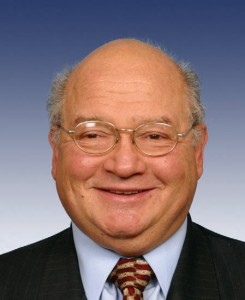prin·ci·ple/ˈprinsəpəl/Noun
1. A fundamental truth or proposition that serves as the foundation for a system of belief or behavior or for a chain of reasoning.
2. A rule or belief governing one’s personal behavior.
Is there anything more boring than a politician with principles?
The Arizona legislature passed a bill that would make it so that special Tea Party license plates could be purchased for an annual $25 fee and displayed proudly on your car. But according to the bill, of that $25, $17 would go directly to Tea Party organizations. Effectively, the state of Arizona would be fundraising for the Tea Party. Gov. Jan Brewer signed the bill into law two days ago.
Gary Ackerman has become the bills national opponent. In an op-ed for the Huffington Post, Ackerman wrote, “It’s an unabashed Tea Party political pay-off. Thanks for campaigning for us, here’s a wad of cash collected by the government just for you. ”
“So, the next political attack ad you see on TV questioning the President’s birth certificate could be funded from a generous grant from the State of Arizona. ”
So Gary Ackerman doesn’t want special interest money funneled through the states. That makes sense. But to play devil’s advocate: isn’t the state just acting like the middle man? The money is coming from people who would want to donate to the Tea Party anyway. What’s the difference between this and any other donations that sponsor candidates and affect legislation?
So I started thinking about Gary Ackerman’s donors. Here were the top 5 industries that donated to Gary Ackerman for the 2009/2010 campaign:
- Real Estate
- Lawyers/Law Firms
- Securities & Investment
- Pro-Israel
- Public Sector Unions
Of those five industries, Ackerman introduced legislation in the 111th Congress supporting only the pro-Israel lobby. In fact, he sponsored bills that negatively affected two of his biggest donors: real estate and securities/investment.
What gives Ackerman?! I’ve been trying to figure you out for months. Every time you say something, it’s like you actually believe what you’re saying. Whenever you vote for something or sponsor legislation, it’s like you actually care about the issue–despite some on-camera politicizing every now and then. You don’t even cash in favors for the people who donate to your campaign? You, sir, are a crappy politician.
One of these days I’m going to find some dirt on the congressman from New York’s fifth. I’ll keep digging. (Maybe he’s a lousy tipper, or something…)

